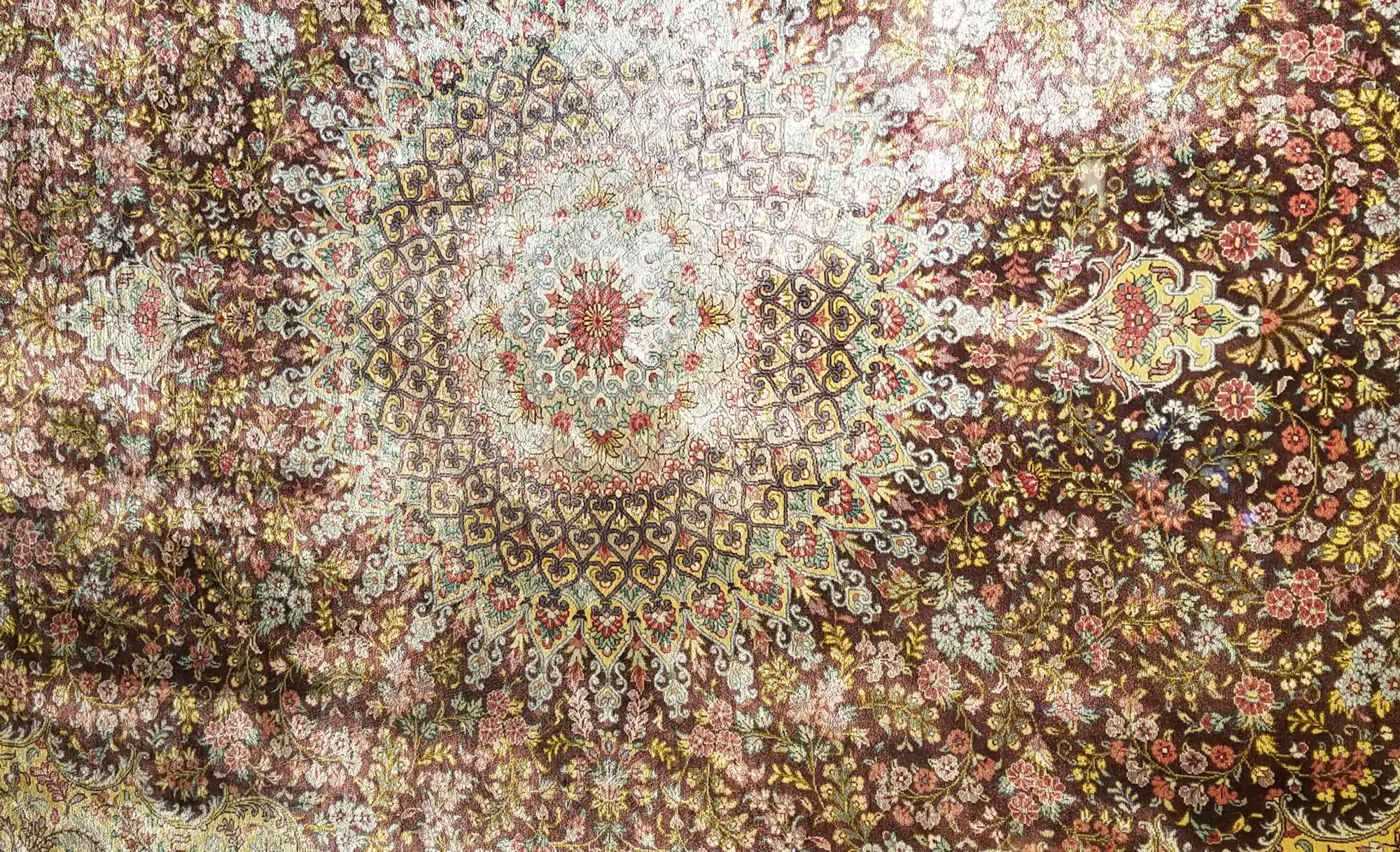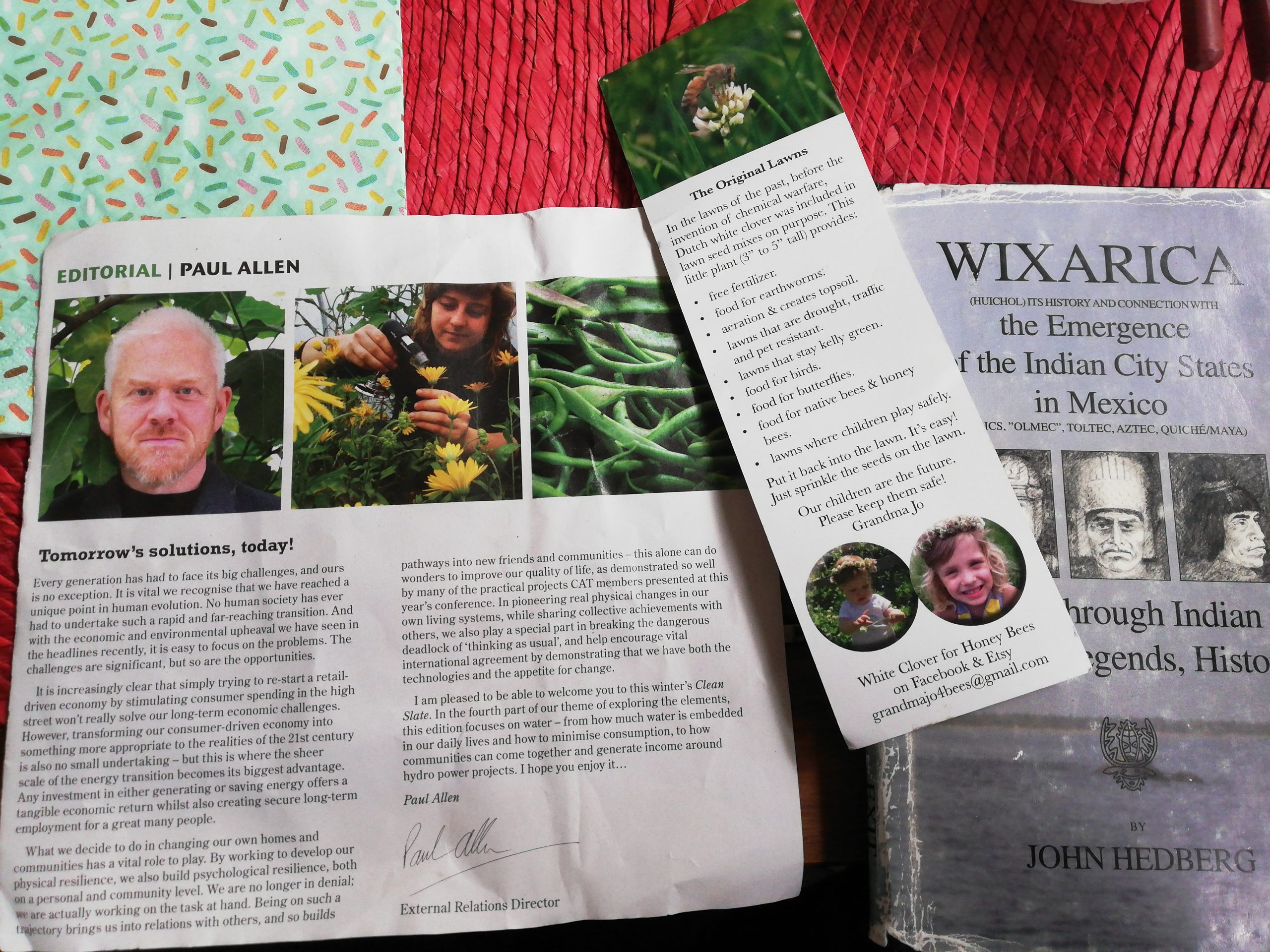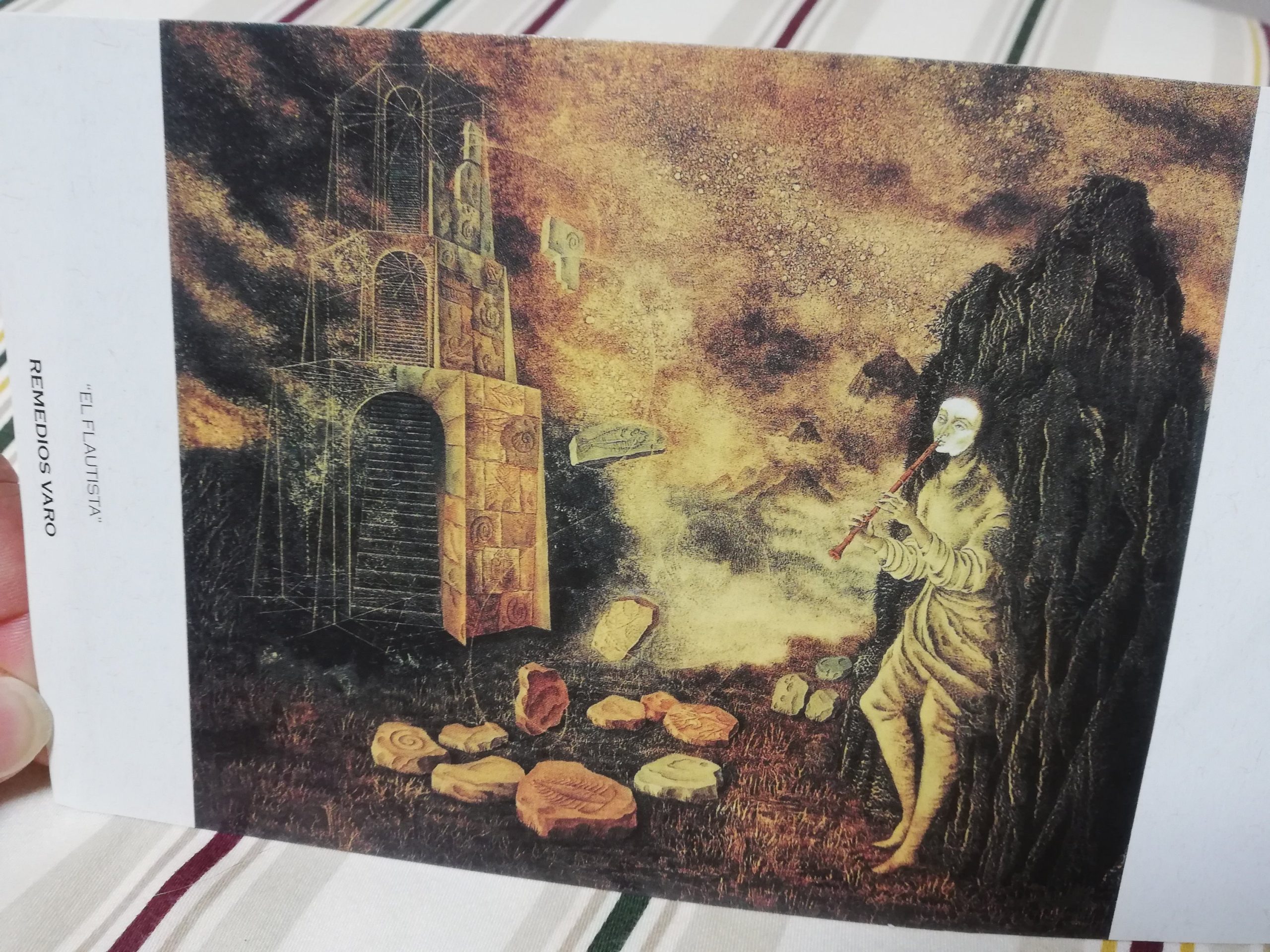Today I tried to find places to plant my yuzu seedlings around my neighborhood. There was so much concrete, or weed-killed areas, that it was really difficult to find any places where they might survive. When they grow, some people might enjoy them, while others will tear them out of the ground, and that is their right. To me, it is a little gift that I can give back to the world. I hope that many years from now, if someone wants a yuzu fruit and can’t find one at the store, they can take a walk and pick one from a wild tree.
These past few weeks I have been enjoying picking some of my vegetables from forgotten corners in my neighborhood, and from my willing neighbor’s trees. Wolfberry shoots are bitter but taste so nutritious, and mulberry shoots are delicious and tender. I was told to pick some bamboo shoots… But they are two feet tall now!If we can make more space on our roadsides and unused spaces for wild edible plants, we can raise our resilience levels for times when food might be scarce.
It scares me to think that this could have been MERS instead of CoVid-19. If that had happened, the food system would have collapsed.
If everyone knew what plants are edible, that would be great, but after two weeks or even a few days they would be gone. We need to create a world with more kindness towards other species, plant and animal. Birds spread mulberry seeds. Mulberries can provide not only berries but a nutritious vegetable for your dinner plate. But mulberries often get wacked away. We don’t know the value of the species we are destroying by laying down concrete, either.
When I was doing research in a small town down south, the elderly residents said they hadn’t seen a valued ethnobotanical plant (Ashitaba) for a long time in their neighborhood. I asked them why they thought that was, and they answered that they thought it was because there is too much concrete everywhere.
It seems like it is okay to rip trees and plants out of the ground, destroying other species’ homes, but it isn’t okay for us to defend them. Ask the town office why they overprune the roadside and park trees; it is their right to do that but the tree has no rights. The river by my house, covered and sided up by concrete, also has no rights. It isn’t okay to plant trees where people don’t want them, either. It isn’t okay to try to create a viable world for our grandkids.
I think CoVID-19 is a wake-up call for us to realize that we cannot do ‘business-as-usual’ anymore. We HAVE TO change, or we will fail, big time. But how to change?
Today I found a plant I had never seen before. It had been cut down and was growing out of its stump with the most beautiful leaves. I’m sure whoever hurt it didn’t care, and just wanted to make more room in their unused parking lot. Changing is taking baby steps. Opening our minds to new ways of thinking. Refusing to follow those who tell us that “this is the way we have always done it” or “this is the way business will prosper,” because business will not prosper long term and neither will any of us if we don’t change, NOW. Small actions count!! Let’s begin doing little things, thinking about things differently, and the world will change, one person at a time, one community at a time, one city at a time, one country at a time…
So if I would like to make a little Earth Day Wish, it would be for you, the reader, to do something small this week for the natural world. Whether it be planting some edible tree seeds, making a nest box, labeling some wild plants, stop using weed-killer and weeding (cut them and do mulching, cover them with cardboard and compost and plant species you want instead), de-investing in bad companies, donating to a trusted natural cause, sharing an article, making a bird bath, planting a tree in a parking lot, or destroying some concrete and replacing it with something else, or another warm-hearted action. I hope you can do it for yourself, your children, and the world around you.



